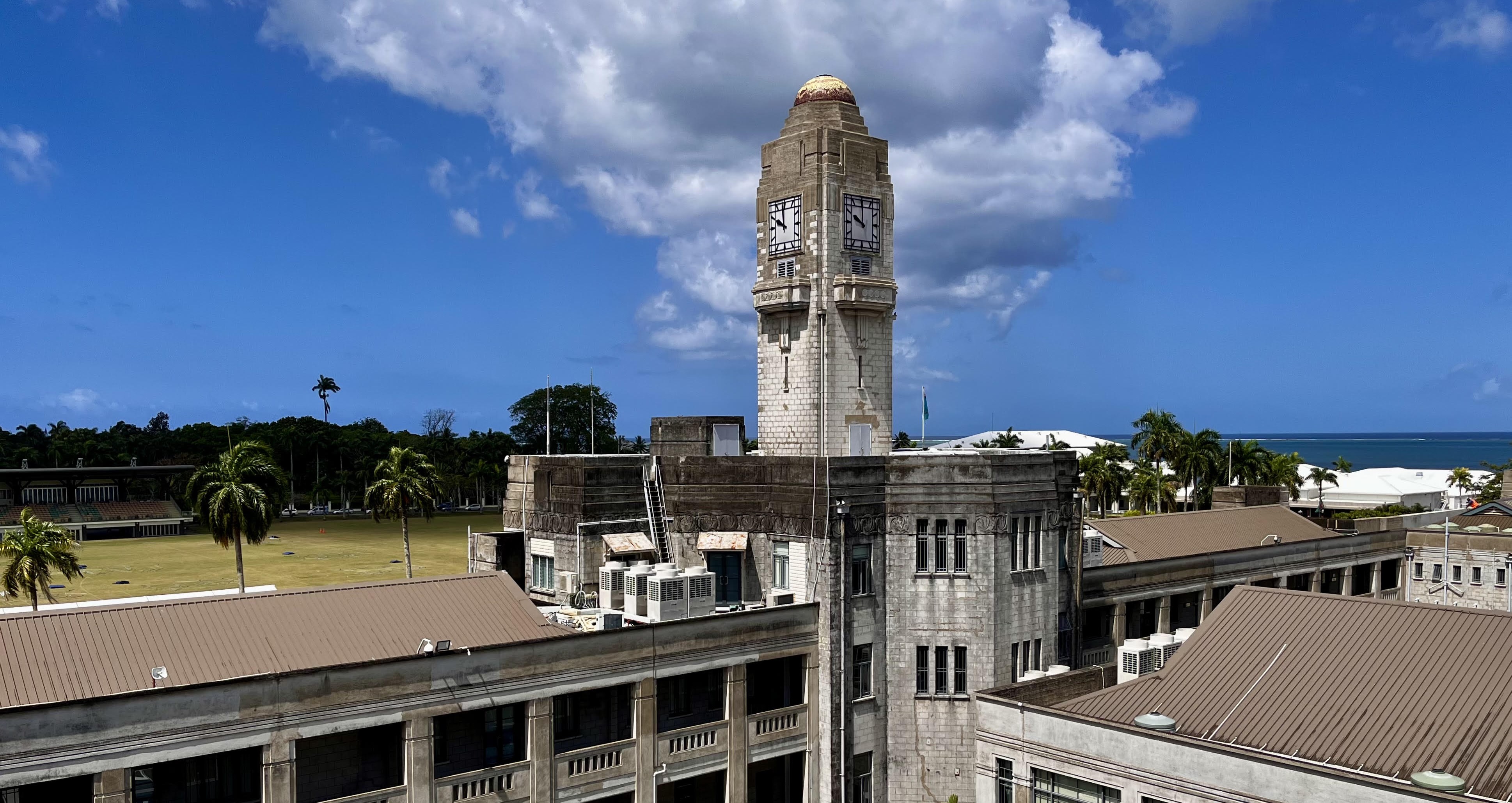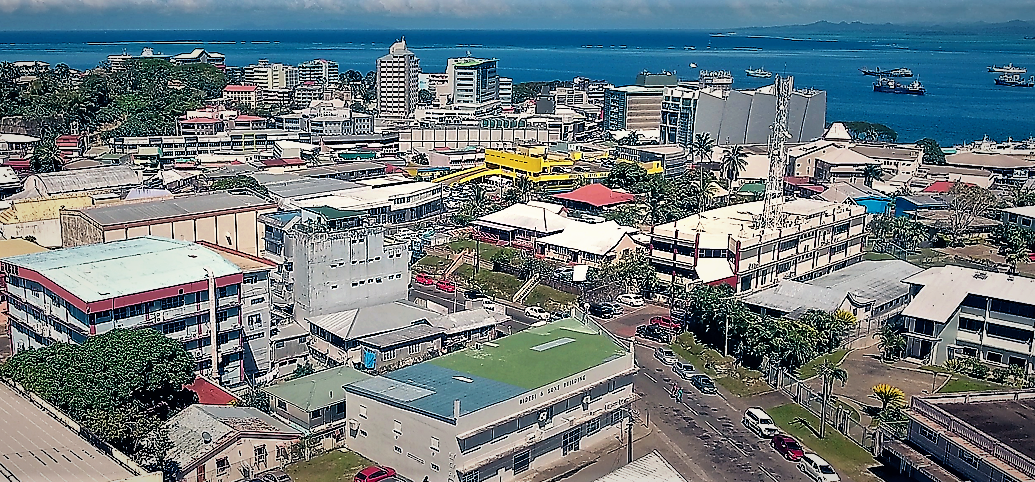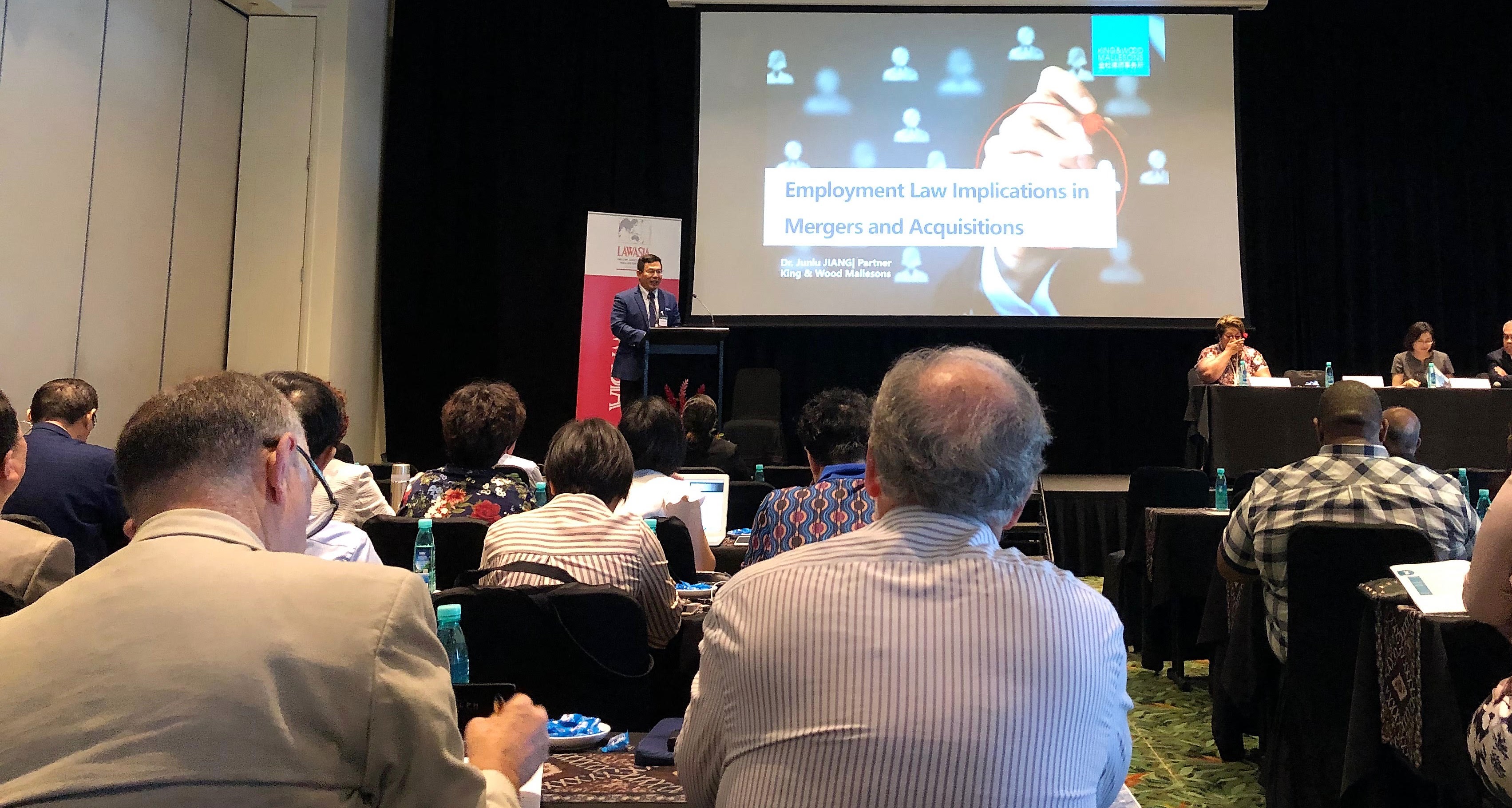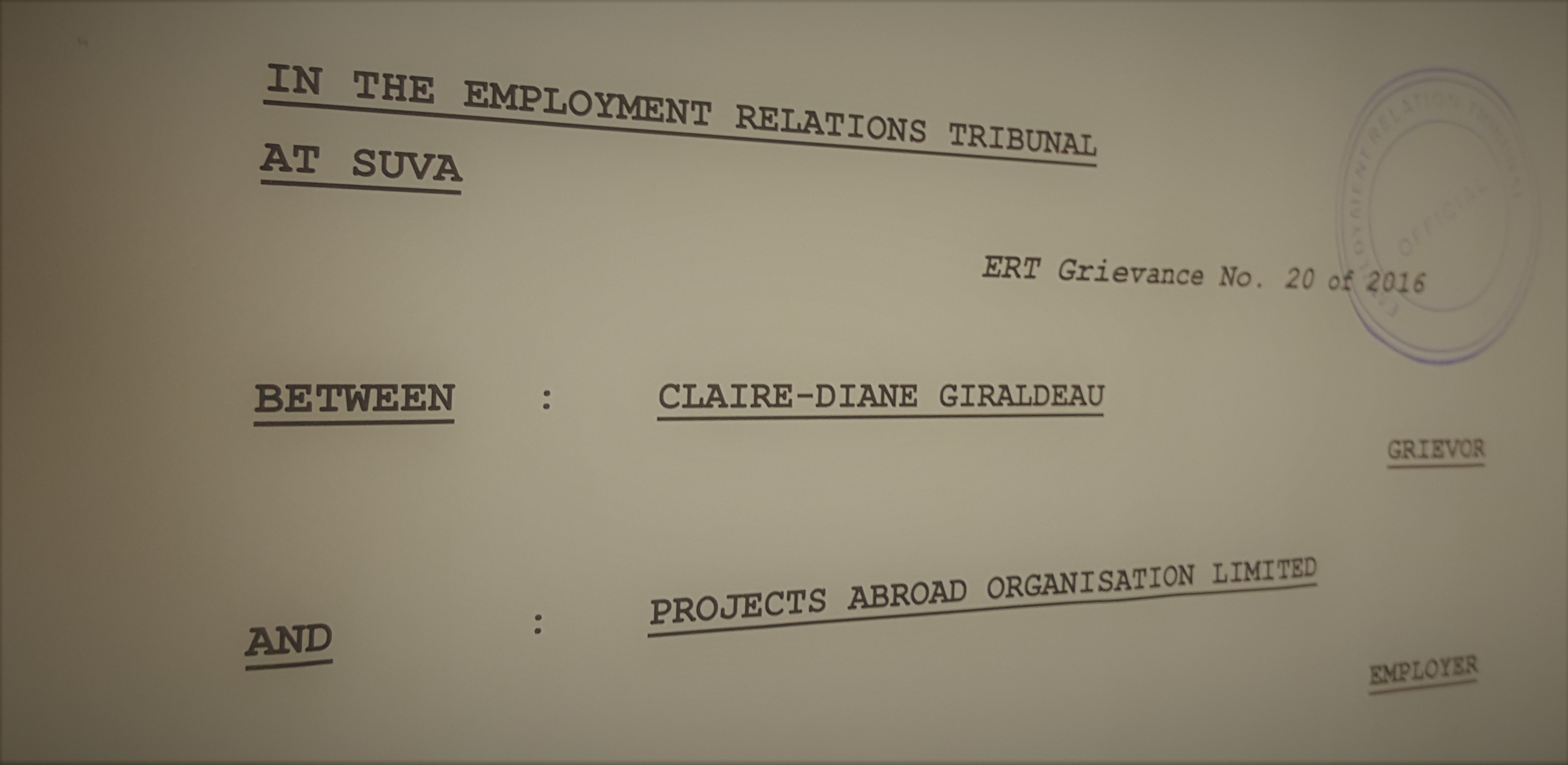On 28 October 2022, the Supreme Court of Fiji confirmed that Total (Fiji) Limited (TOTAL) is liable under Fiji law as a polluter. (CIVIL PETITION NO. CBV 0007 of 2020) (Supreme Court Judgment)
Fiji’s Supreme Court Judges were unanimous in their opinion that TOTAL had been negligent and caused a “pollution incident”. The Supreme Court Judgment upheld the Fiji Court of Appeal’s unanimous Judgment (CIVIL APPEAL NO. ABU 90 OF 2018) that found TOTAL had caused a pollution incident as defined by section 50 of the Environment Management Act, 2005.
Together, Fiji’s Court of Appeal and Supreme Court Judgments against TOTAL provide significant environmental law jurisprudence for Fiji and demonstrate that the “polluter pays principle” is established in Fiji common law. Amongst other things, the Supreme Court Judgment rejected TOTAL’s interpretation of section 50 of the Environment Management Act, and directed that damages be assessed against TOTAL under 5 separate heads of damages.
TOTAL did not accept the higher Court Judgments and as a dissatisfied litigant, chose to file an application to challenge the Supreme Court Judgment pursuant to section 98(7) of the Constitution of Fiji. TOTAL’s challenge to the Supreme Court Judgment may be unprecedented in the context of civil litigation in Fiji.
TOTAL’s challenge was heard by Fiji’s Supreme Court on 13 April 2023, and on 5 April 2024 the Supreme Court by unanimous decision rejected TOTAL’s challenge.
This article provides a summary of the exceptional circumstances under which the final judgment of Fiji’s highest court, the Supreme Court, may be challenged. Any challenge to the Supreme Court must be considered with extreme caution as the dissatisfied litigant challenges the public interest that litigation should reach a final conclusion.











